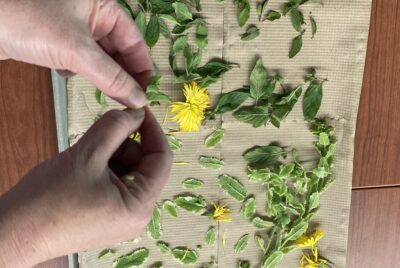RESEARCH
Edible Horticultural Therapy for the Rehabilitation of Long-term Hospitalized Female Schizophrenic Patients
Summary
This research paper explores the effects of edible horticultural therapy (EHT) on long-term hospitalized (LTH) female patients with schizophrenia. The study involved 60 patients who were randomly divided into an experimental group (receiving horticultural therapy) and a control group (not receiving EHT). The horticultural program consisted of six sessions involving activities related to the five senses, such as planting, watering, tasting, and harvesting edible plants like lettuce and mint.
The results showed that the clinical symptoms of patients with schizophrenia in the EHT group improved significantly, and they recovered social function. There was no significant change in life satisfaction in the treatment group. In the control group, clinical symptoms recovered, but there was no significant improvement in social function, and life satisfaction significantly decreased. Patients in the EHT group expressed satisfaction with the program. These findings suggest that EHT can improve the clinical symptoms of schizophrenia and promote the recovery of social function, but its impact on life satisfaction remains unclear.







